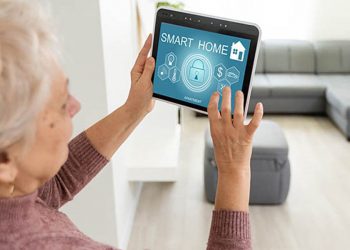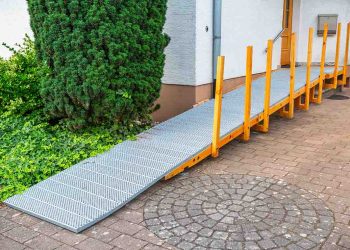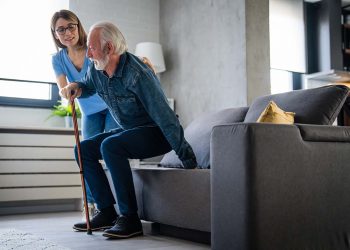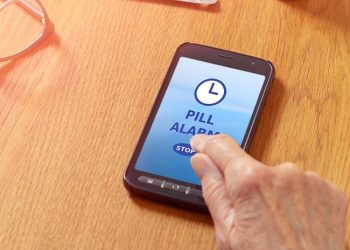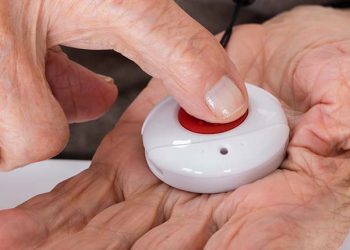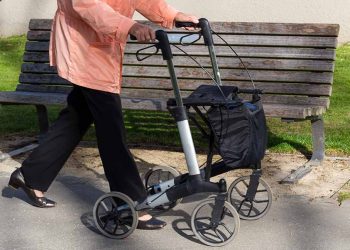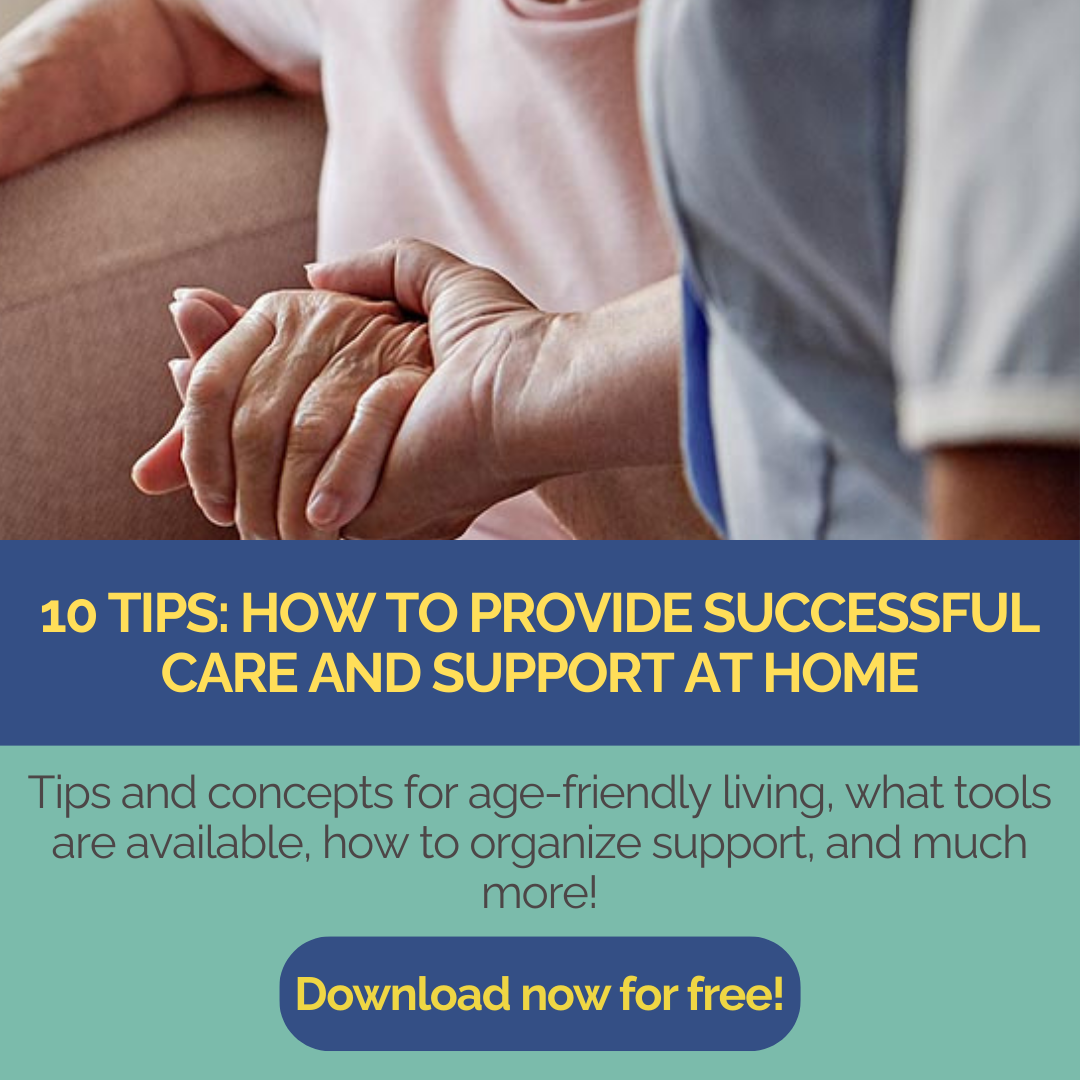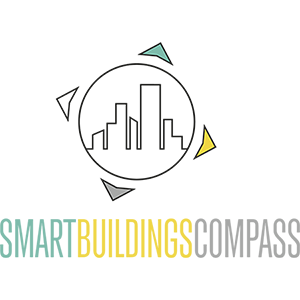Dieser Beitrag ist auch verfügbar auf:
Deutsch
Localization systems make it possible to precisely locate people or objects in real time, both indoors and outdoors. They are based on technologies such as GPS, RFID, WLAN or Bluetooth and are increasingly being used in the care and healthcare sector.
Advantages for older people
Safety with dementia and disorientation: With the help of GPS trackers or bracelets, older people suffering from dementia can be located quickly if they get lost. This means that people can be helped quickly. This also gives relatives and carers more security.
Rapid assistance in an emergency: localization systems enable emergency services to immediately determine the exact position of a person in need of help. People can be helped quickly after a fall or a medical emergency, for example.
Independence in everyday life: Older people can move around more safely and independently because they know that their location can be pinpointed in an emergency.
Support in care facilities: In care homes, localization systems help to monitor the whereabouts of residents and prevent them from leaving the premises unnoticed.
Reduced stress for relatives and care staff: the constant worry that a person could get lost or be in danger is reduced by the tracking function.
Integration into smart home systems: Some localization systems can be connected to smart home devices, for example to automatically lock doors when a vulnerable person leaves the living area.
Localization systems offer older people greater safety, autonomy and quality of life. At the same time, they relieve the burden on relatives and care staff.
Author: Anja Herberth
Chefredakteurin


